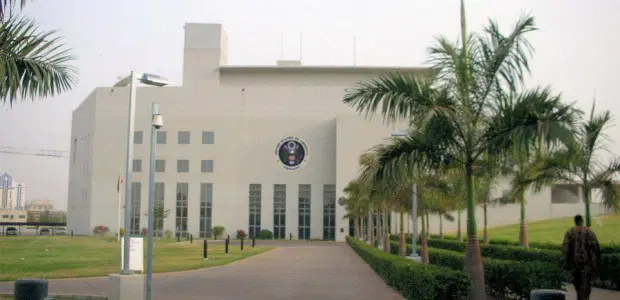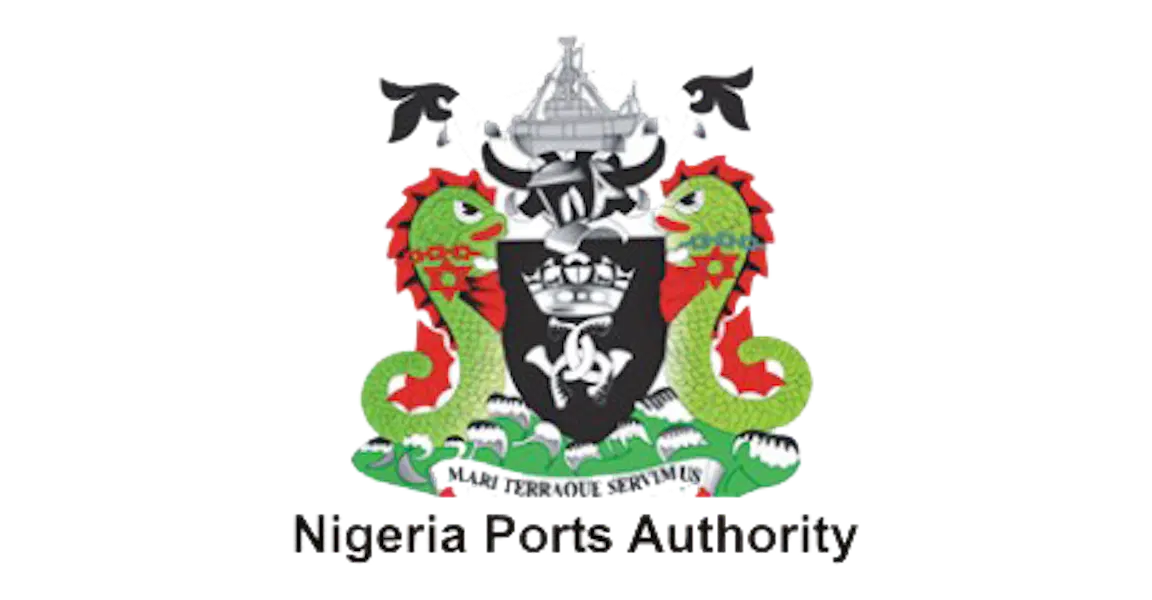The Director-General of the World Trade Organization, Dr. Naomi Okonjo-Iweala emphasized the necessity of reducing cotton subsidies, currently totaling $8 billion, to level the playing field for developing countries.
This reduction aims to enhance market access and enable these nations to benefit more significantly from global trade.
Speaking at the opening ceremony of World Cotton Day 2024, Okonjo-Iweala noted that WTO members have been actively working to advance negotiations toward this goal.
She highlighted the organization’s commitment to supporting the cotton sector and ensuring equitable trade practices that empower developing economies.
She highlighted the significant challenges facing the African cotton sector despite its high quality and environmentally friendly characteristics.
She noted issues such as market distortions and climate change that hinder the industry’s growth.
The DG WTO emphasized the vital role of cotton in the economies of West and Central Africa, particularly in the Cotton4+ countries: Benin, Burkina Faso, Chad, Mali, and Côte d’Ivoire. Together, these nations represent the largest cotton-producing region in Africa, yielding over one million tons annually, which accounts for 50 percent of Africa’s total output and 4 percent of global production.
Okonjo-Iweala praised Benin’s economic achievements under President Guillaume Athanase Talon during this year’s World Cotton Day, highlighting the country’s strong economic performance and prudent management.
She commended Benin for hosting the event, marking the first time it has been held in Africa, and underscored the growing investment opportunities in Africa’s cotton sector.
““I hope this World Cotton Day serves as a platform to coordinate our efforts to improve the conditions for cotton farmers and supports transformation of the sector, focusing on sustainable development and maximising gains in growth, jobs and opportunities,” she said.
Okonjo-Iweala noted that West and Central Africa rank as the third-largest exporters of cotton, following the United States and Brazil. She highlighted the region’s significant contribution to global cotton trade, which has increased from $8.2 billion in 2003 to $23 billion in 2022.
However, she pointed out that despite the high quality and environmentally friendly attributes of African cotton, the sector encounters significant challenges, including market distortions and the impacts of climate change.










